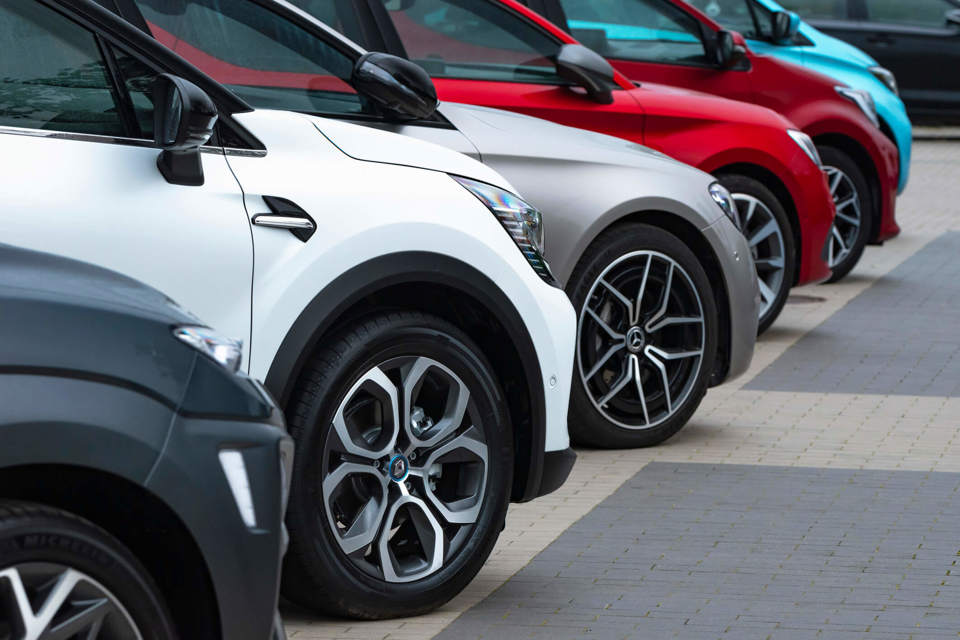Mistrust of valuation forecasts, more vehicle recalls and the challenge of closing an electric vehicle (EV) servicing gap will define Britain's struggling automotive market in 2025.
That's according to data experts ADS, who identify three major areas where profit and efficiency are under mounting threat in the year ahead.
All three, ADS says, are a direct result of forcing the transition to electric faster than the market can handle without major disruption - but they also represent strategic opportunities for the smartest players.
Taken together, collapsing confidence in EV future residual values, a loss of traditional car servicing revenues and technological 'growing pains' causing an increase in vehicle recalls, will disrupt an already difficult market even further by increasing costs, reducing revenue and threatening fragile consumer confidence.
Valuation forecasts and car pricing
ADS says that last year's collapse in confidence around future residual values for EVs will now result in increased leasing costs and higher retail car prices as fleets and manufacturers are forced to evolve pricing strategies to minimise future losses.
They describe contract and retail pricing this year as 'a balancing act' that may leave leasing or buying an EV even less affordable for many consumers without ever-higher subsidies from already hard-pressed manufacturers.
The Society of Motor Manufacturers and Traders (SMMT) estimates that discounts have cost manufacturers £4 billion across 2024, a figure it says is unsustainable.
The problem of product pricing will come to a head in 2025 due to the zero emission vehicle (ZEV) mandate, according to ADS.
It requires an increasingly high proportion of EV sales and complex trading deals to avoid massive fines for failing to achieve Government targets.
Profitable ICE (internal combustion engine) cars have historically subsidised sluggish EV sales. Now manufacturers, facing an EV sales proportion target of 28%, are likely to further increase petrol and diesel car prices to enable further EV discounts, suggests ADS.
With EV values consistently below forecasts, causing millions in losses for leasing companies, ADS believes customer contracts will almost certainly rise.
“Disruption of this kind - especially during a cost-of-living crisis - will make the market very difficult for everyone, including consumers, in 2025,” said Jon Sheard, operations director of ADS.
“Pricing will become a balancing act and data insights will be more important than ever in restoring confidence as new approaches to forecasting residual values become necessary.
“The resilience of the industry will be tested in a way we haven't seen since the 2008 financial crisis.”
ADS says that the pace of EV development is certain to mean more safety recalls, linked with such advanced engineering, new battery technologies and increasingly sophisticated software.
ADS revealed last year that more than half of customer details kept by dealers contain inaccuracies.
Revenue threat from the 'EV servicing gap'
For many dealers the lions share of profit comes from aftersales and service work, so that the reduced servicing needs of EVs present a serious challenge to business viability.
ADS says that this 'servicing gap' will have to be plugged by focusing on customer retention and more focused engagement than the usual MoT and service reminders, which often fall into the void anyway due to inaccurate customer records.
Workshops which explore new revenue streams, such as EV diagnostics, battery health checks, and software updates will also help to bridge the 'service gap'.
Sheard said: “The leasing sector will certainly learn the lessons from the failure in residual value forecasting that has rocked the industry and will develop new data-led tools for mitigating future shocks.
“And those dealers who finally confront the quality of their customer records and relationships now have an opportunity to open their lead over the competition and become leaders in the transition to a lower carbon world.”





















Login to comment
Comments
No comments have been made yet.